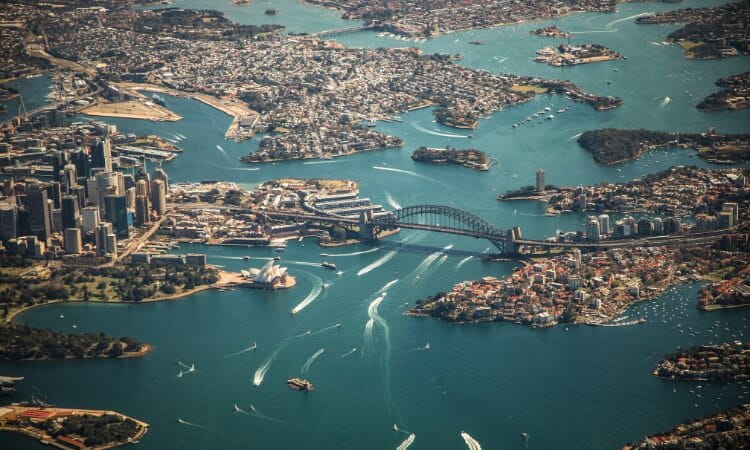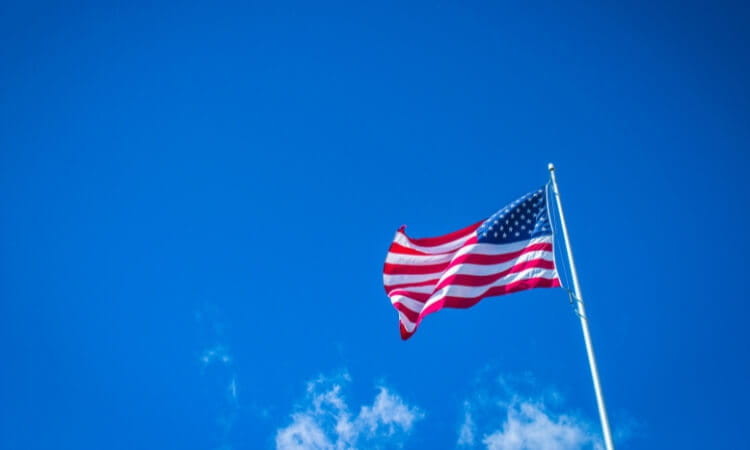There are two verses to Advance Australia Fair, but do you know the second? Probably not.
It’s in our citizenship booklet, Our Common Bond, suggesting Aussies know it and new citizens could be questioned on it in their citizenship test.
Yet official protocol makes singing it optional. And who’ll choose to sing both verses when thousands of sporting fans just want the game to start?
There are living generations who never properly learnt Advance Australia Fair. Before 1984, most school students sang God Save the Queen. Schools today teach verse one, but whether we learn verse two is haphazard.
If school students sing along to a pre-recorded accompaniment with two verses, we’ll learn verse two. If we sing along with a squeaking school beginner band, one verse is probably all we’ll endure.
I suspect if we knew the second verse our common bond would be arguing about it. Australians acted passionately when debating one word in verse one, yet verse two barely raises an eyebrow. It’s the controversy we need to have (after we’ve googled the lyrics).
The birth of our second verse
The problem with verse two comes from its origins. It wasn’t in Peter Dodds McCormick’s original 1878 composition. His second verse championed gallant Cook sailing with British courage to raise old England’s flag, proving “Britannia rules the waves”. His third and fourth verses weren’t any more appropriate.
So, before Advance Australia Fair became our anthem in 1984, the National Australia Day Council made shrewd edits.
Instead of using verse two from McCormick’s original version, they turned to another version of Advance Australia Fair written for federation in 1901.
The federation version introduced a new commemorative verse, the only other verse the council kept:
Beneath our radiant Southern Cross we’ll toil with hearts and hands
To make our youthful Commonwealth renowned of all the lands
For loyal sons beyond the seas we’ve boundless plains to share
With courage let us all combine to Advance Australia Fair.
Next, the council fixed the gendered language in the federation verse. “Loyal sons” became “those who’ve come”. They deleted “youthful” with an uncanny premonition that age would become sensitive.
(For verse one, Australians resolved the debate ingeniously in 2021 by replacing “young and free” with “one and free”.)
But that’s all the council changed in verse two. They endorsed the rest.
What’s wrong with verse two?
The federation verse, understandably, celebrated the politics of 1901.
The lyrics begin mildly but repetitively, “Beneath our radiant Southern Cross we’ll toil with hearts and hands”. I’m not sure why we’re toiling in both verses. Perhaps Aussies have an exceptional work ethic.
In the next line, the word “commonwealth” was included to mark federation. The forming of the Commonwealth of Australia in 1901 marked a transition from six British colonies (New South Wales, Victoria, Tasmania, South Australia, Western Australia and Queensland) into one nation.
On one hand, it celebrates unity and cooperation between colonies. But by singing the intended meaning of the verse, that the nation began when the colonies united, we disrespect the knowledge Australia already was many nations of First Peoples.
The second questionable lyric in verse two is “for those who’ve come across the seas, we’ve boundless plains to share”.
In 1901, Australia’s idea of sharing land was specific. We recruited enthusiastically for more British immigration, yet rejected migrants who weren’t white.
The Immigration Restriction Act 1901, one of our parliament’s first laws, allowed immigration officers to set near impossible dictation tests in any European language. In effect, this meant anyone could be excluded from immigrating by what would be known as the White Australia Policy.
Australia’s 21st century approach to sharing with foreigners also draws media attention. The breach of human rights at detention centres and the limiting of international student visas to stem migration suggest we have “bounds” after all.
The way forward
If the federation verse is theoretically testable for new citizens, then we should check if the values of 1901 and 2025 still match. Without checking, Australia is stagnating, not advancing.
The way forward is in the last line of verse two: “With courage let us all combine to Advance Australia Fair”.
In 1901, that was a plea for spirit and cooperation between colonies when forming a national parliament.
Yet, there’s a timeless truth in those words. By debating our anthem courageously, we can be united by challenge, enriched by diversity and ingenious at rewriting lyrics.
The article has been republished from The Conversation under the Creative Commons license. Read the original article.




